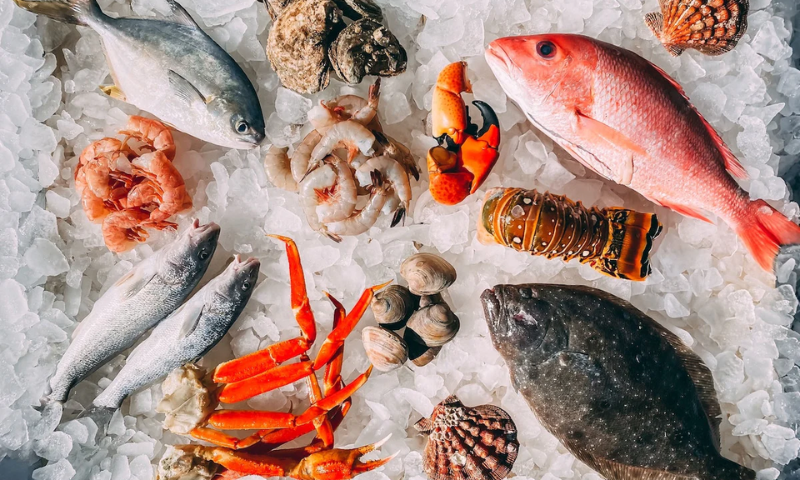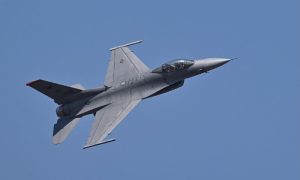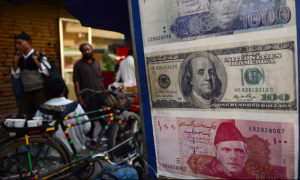PYONGYANG: As a peninsula bordered by the sea on three sides, Korea has historically enjoyed abundant access to a diverse array of seafood, which has been recognized globally for its nutritional benefits. Seafood not only serves as a vital source of animal protein but also provides essential omega-3 fatty acids, vitamins, minerals, and antioxidants crucial for maintaining good health. Despite this, recent insights into North Korean market dynamics reveal a shocking reality – seafood has become a luxury for many, rather than a dietary staple.
A North Korean living in Chagang Province when asked was ignorant of the current market rates for seafood, which includes well-known Korean delicacies like pollock, mackerel, octopus, and squid. His sobering response, about his ignorance, was, “Eating seafood is a luxury these days.” He continued by explaining that, although he could now buy fish only occasionally—on special occasions like Chuseok and Chungmyung Day—it was once or twice a month before the pandemic.
The decline in seafood consumption is not merely an economic inconvenience; it poses serious health risks. Seafood is a critical source of omega-3 fatty acids such as EPA and DHA, known for their cardiovascular benefits. Without adequate seafood intake, individuals may face an increased risk of cardiovascular diseases, a leading cause of death in North Korea.
Data from the World Health Organization’s Noncommunicable Diseases Data Portal underscores the severity of the situation. In 2019, 80% of deaths in North Korea were attributed to noncommunicable diseases, with cardiovascular diseases accounting for a significant portion. The prevalence of these diseases underscores the impact of dietary deficiencies, including the scarcity of seafood and red meat.
Historically, North Korea boasted a thriving fishing industry, with record-high seafood catches in 1981. However, by 2023, seafood production had plummeted to alarming levels, barely meeting the needs of the population. The stark disparity between North Korea’s seafood consumption (16 kilograms per person) and South Korea’s (68 kilograms per person) is staggering and indicative of systemic issues plaguing the North Korean food supply chain.
The root causes of this seafood scarcity are multifaceted. An inflexible supply system, inadequate distribution networks, and stringent government market controls have contributed to the crisis. While market reforms emerged in response to economic hardships in the 1990s, these reforms have not translated into equitable access to essential food items like seafood.
To address this humanitarian and health crisis, North Korean authorities must acknowledge the urgency of market independence and flexibility. Empowering vibrant markets and fostering a more accessible food distribution system are imperative steps toward ensuring the well-being and quality of life of North Korean citizens. Failure to act swiftly could perpetuate seafood scarcity and exacerbate public health challenges, particularly in vulnerable inland communities where access to seafood remains a distant luxury.
The plight of seafood scarcity in North Korea serves as a poignant reminder of the intersection between food security, public health, and government policies. Urgent reforms are needed to avert a looming health crisis and restore equitable access to essential dietary resources for all North Koreans.























